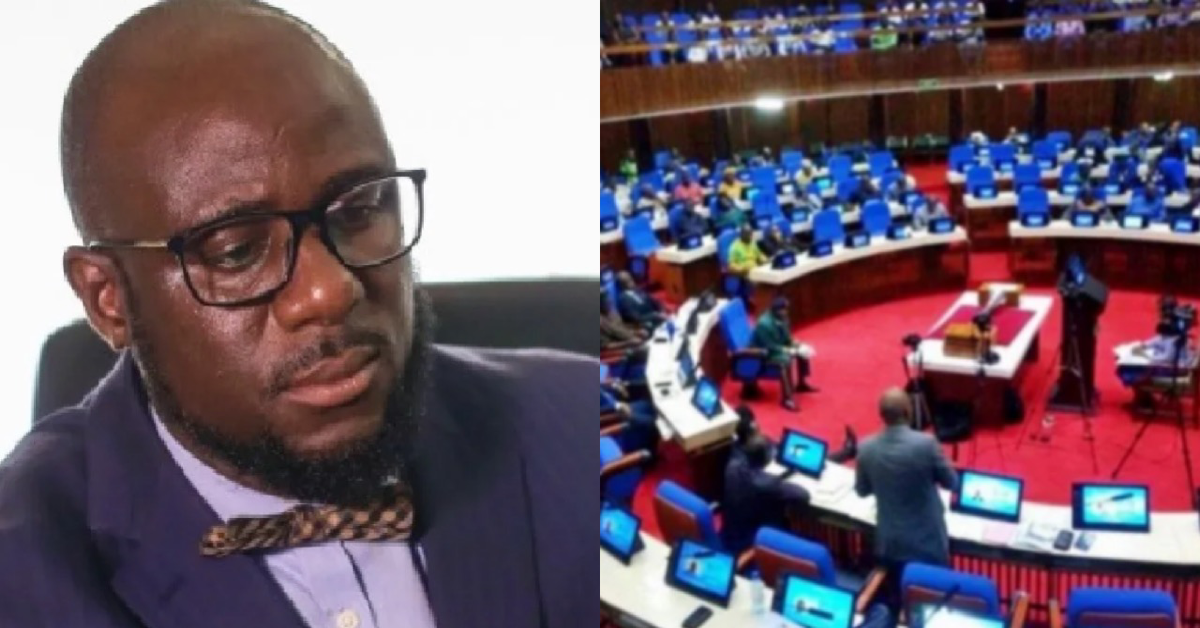Prominent APC politician and former Anti-Corruption Commissioner, Ady Macauley, has expressed strong criticism of the proposed Government Finance Act 2024.
Macauley raised concerns over the suggested tax increases on essential commodities such as rice, gas, cement, and iron rods, stating that such a move signals serious trouble for the nation’s economy.
He emphasized the paradox of raising taxes on staple foods like rice when over half the country, according to World Bank figures, struggles to feed itself, with a third facing a food crisis.
Macauley went on to condemn the decision to burden the poor with additional taxes, calling attention to the need for alternative solutions. He proposed reducing government expenditure as a viable option, suggesting measures such as cutting down on the wage bill, imposing travel restrictions on public officials, and ending the extravagant purchases of gas-guzzling V8 Toyota Land Cruisers for political appointees.
He urged the government to reconsider free fuel allocations for political figures, emphasizing that these adjustments could alleviate the financial burden on the common citizens.
He emphasized, “When you Look at the new draft Finance Bill 2024, in which there is proposed tax hike on rice, gas, cement & iron rods, you just know our economy is in serious trouble and those steering the ship are sinking it. Who raises taxes on our staple food, rice, at a time when world bank figures show more than half the country cannot feed themselves and a third on at food crisis point?. Dada go soon tell you say make you eat rice wisely.”
In additional statement, Macauley presented the government with a stark choice between preserving the privileges of the political class or imposing more tax misery on the already struggling population. He painted a bleak economic picture, describing the country as being on the edge of an economic cliff. He concluded his remarks with an appeal to a higher power, saying, “Allah save us.”
Ady Macauley’s strong stance against the proposed Finance Bill underscores the growing concerns about the economic direction and policies of the current administration led by President Bio. As discussions surrounding the bill intensify, it remains to be seen how the government will respond to the mounting criticism from figures like Macauley and the broader public.



 5 Comments
5 Comments









Comment(s)
Disclaimer: Comments expressed here do not reflect the opinions of Sierraloaded or any employee thereof.